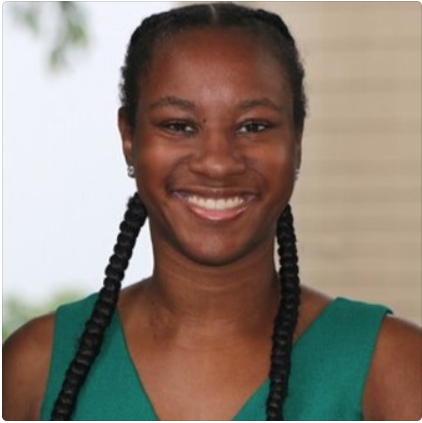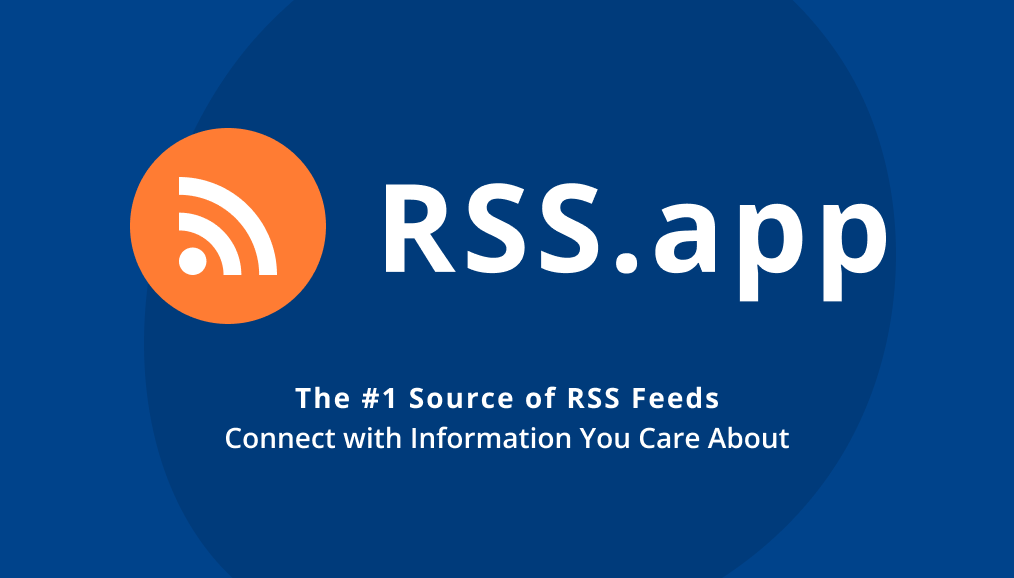LAST YEAR, I decided I wanted to learn how to eat healthier. (Surprise! We’re not all macro-tracking bodybuilders over here at Men’s Health.) So I searched—Google, TikTok, Instagram, YouTube. And my research all seemed to lead me to the same kind of advice: one-size-fits-all directives, delivered by confident and attractive social-media stars and online influencers, all hawking video courses, e-books, YouTube channels, podcasts, and specially formulated vitamins. Their collective pitch: They alone hold the secret knowledge that will propel me to achieve my goals—for a price, but hey, it works for hundreds of thousands of their followers. And there are so many of these advice givers.
“There’s garbage out there because there’s a demand,” says Katy Milkman, Ph.D., author of How to Change. “This is the thing about human nature: We’re always looking for ways to get better.” And we’ll spend good time and money on that improvement. The U. S. personal-development industry (that’s courses, coach- ing, and workshops centered on self-improvement), already valued at a massive $11.5 billion, is expected to grow an additional 5.5 percent over the next seven years, according to Grand View Research. The category that will see the most growth? Online-based personal development.
So in order to filter out the trusted experts (they do exist!) from the supplement-shilling, anecdote-spouting, cherry-picking, “subscribe-to-my-podcast” influencers, I looked into the research behind giving advice and talked to credentialed authorities on the subject. What I found was that learning how to seek out and take advice about self-improvement is, like everything else in life, a skill—which means you can improve it.
Step 1: Assess the Advice Giver
Did They Earn Their Credibility?
Instead of the person with the most followers, look for someone with a degree and experience in the field who shares aspects of your background. So if you want to eat healthier, is the person giving advice a registered dietitian (R.D.) who has a practice with clients (their website should tell you), and are they making recommendations that align with your income (or dietary restrictions, or access to healthy food)? Check the expert’s social bio and LinkedIn for prior education and job history. This applies to all topics, and especially anyone claiming to be a money expert. “A rich person who’s always been rich is probably not the best source of advice on how to manage your budget or your finances,” says Ayelet Fishbach, Ph.D., a social psychologist at the University of Chicago.
Do They Have an Ulterior Motive?
Did an influencer receive the product they’re reviewing for free? Because that could tip the review in that product’s favor. Influencers don’t have to disclose gifts, so you have to do some snooping. If they post videos about a lot of products, they’re probably not buying them or trying them for long enough to even get a decent understanding of what they’re recommending. No one can swear by a new supplement, for example, if they’ve only used it for a week. “Most influencers I’d take with a grain of salt,” says Saoud Khalifah, the founder and CEO of Fakespot, an AI tool consumers can use to spot phony reviews. “There’s an inherent bias.”
And it’s not always about swag or money. When people give advice, they feel powerful, according to a study published in the journal Personality and Social Psychology Bulletin. So if that YouTuber is constantly telling you to “smash that like button” or “subscribe, subscribe, subscribe,” it might be an ego thing.
Would You Actually Follow the Advice?
This is particularly important for “hustle culture” influencers. They may portray that they live The Life and swear that they’re making bank—but if you look beyond their slick video editing and sheer charisma, does their advice make sense? “When someone tells you to ‘work hard’ or ‘work less,’ I find it amusing,” Fishbach says. “It’s not always good to work harder or work less.” Think about it: If your friend told you that you just need to work harder, bro—would you?
Step 2: Cross-Reference
Is This Even Real?
Product reviews can be manufactured and like totals inflated. About 42 percent of Amazon reviews in 2020 were found to be fake, according to Fakespot. When you’re considering product reviews, Khalifah says, don’t just look at the number of them. He says bogus reviews may talk about how great the company is rather than discuss the product itself. Fakers may also have a large number of reviews published within a short period of time, and the words in some of them may sound similar, as if a robot wrote them. (It’s likely one did.)
And anyone can buy likes on Instagram, TikTok, and YouTube. This is problematic because people often overrate advice from others deemed “successful”— especially when there’s a lot of it, according to a series of 2022 studies. Khalifah recommends looking for publications with expert reviews and advice, as well as review-forward nonprofits like Consumer Reports, which have no inherent incentive to give positive reviews.
What Do Other Experts Think?
Watch a bunch of videos on the topic from various sources. That way, you’ll “learn about the pros and cons of something—and the more diverse opinions you get, the more insight you get,” says Michael Schaerer, Ph.D., an associate professor of organizational behavior and human resources at Singapore Management University. What you’ll often find is that the best advice isn’t from just one person on an extreme—but where they all meet in the middle.
Real Experts Worth a Follow
The author of Good Food, Bad Diet dishes out bullshit-busting takedowns of so-called nutritionists—and recipes for lemon chicken.
Brad Schoenfeld, Ph.D., C.S.C.S.
Natural bodybuilding champion. Body composition researcher. Loooongtime fitness expert.
Helpful, direct money advice from a practicing financial analyst specializing in revenue—with the occasional Michael Scott meme.
This article originally appears in the March 2023 issue of Men’s Health.

Milan Polk is an Editorial Assistant for Men’s Health who specializes in entertainment and lifestyle reporting, and has worked for New York Magazine’s Vulture and Chicago Tribune.









